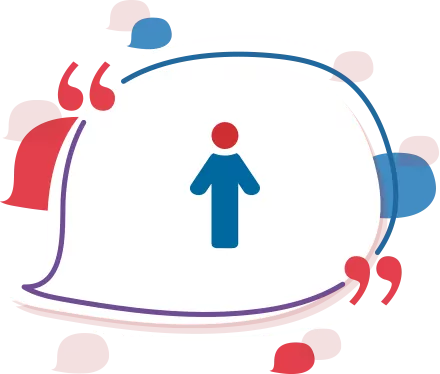A Derivative is a financial contract which their own value depending in the type of asset chosen and the change on the market price value of them.
The most commune kind of assets listed on the Exchanges markets are:
- Stocks (GOOG, TSLA, AAPL, FB, TWTR...)
- Bonds (10-Year Treasury Note...)
- Currencies (FOREX)
- Commodities (Oil, Gasoline, or Gold...)
- Market Indices (S&P500, NASDAQ100, DOW JONES30, IBEX35...)
- Crypto (Bitcoin, Ripple, Litecoin, Ethereum...)

TYPES OF DERIVATIVES
The most commune types of this financial contracts are:
- FORWARDS: Are customized contracts traded on Over The Counter market anywhere by anybody; and obligates the owner of the asset (listed in the OTC market) to pay a pre-agreed price over them to the buyer on a future date.
- Futures: This kind of contract are traded on the Exchanges Markets; and obligates the owner of the asset (listed in the market) to pay a pre-agreed price over them to the buyer on a future date.
- SWAPS: Are derivative contracts that allow the exchange of cash flows between two parts.
This types of financial contracts involves recording the price of value (of any asset) as a security to protect the original amount of invest of the volatile market value (Mark to Market)
The most commune kind of SWAPS are:
- Interest Rate SWAPS
- Commodity SWAPS
- Currency SWAPS
- Options: Are a kind of financial contract which gives to buyer the right but not the obligation to purchase BUY or SELL (over any asset listed in the Exchanges market) with the expectation to get a pre-agreed price over the asset chosen.
There are two types of financial options:
- CALL: Buy a given quantity of underlying asset at a given price.
- PUT: Sell a given quantity of underlying asset at a given price.

DIFFERENCES BETWEEN FUTURES AND FORWARDS
The principal differences between derivatives contracts Futures and FORWARDS are the value behavior (of the asset) in the market and the legal conditions which are traded.
- Futures are standardized contracts traded in all Exchanges Markets around the world; they have a higher liquidity in the financial market and are used by investor Corporations like Mark to Market assets.
- FORWARDS are customized contracts traded in the Over The Counter market; they have a lower liquidity because they’ve a lower degree of regulation and oversight too.

REFERENCIAS:
- Derivative Markets and Instruments. (s. f.). CFA Institute. https://www.cfainstitute.org/en/membership/professional-development/refresher-readings/derivative-markets-instruments.
- Amadeo, K., & Kelly, R. (s. f.). Derivatives, With Their Risks and Rewards. The Balance U.S. & World Economies. https://www.thebalance.com/what-are-derivatives-3305833.
- Forward Contract vs Futures Contract. (s. f.). Diffen. https://www.diffen.com/difference/Forward_Contract_vs_Futures_Contract.

